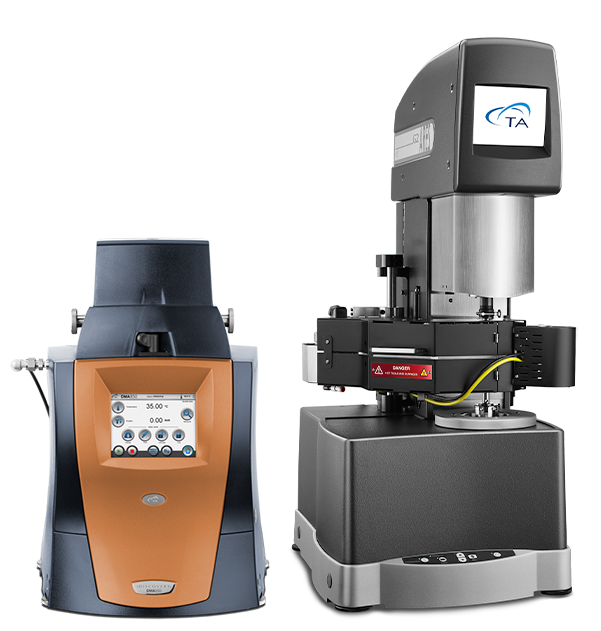How to Accelerate Product Development with Easy, Reliable Advanced Mechanical Testing
Mechanical testing supports material and product innovation across a variety of industries and applications, from testing the long-term durability of dental implants during chewing to predicting how a car part will bend during an accident. Learn how the latest technology advances mechanical testing to better support cutting-edge product development.













